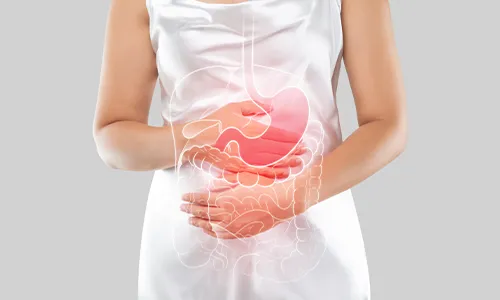

About Intestinal Cancer
Intestinal cancer and colon cancer are other names forcancer of the bowel.Healthy cells in the lining of the intestine alter and grow out of control to form a mass known as a tumor, which is how colon cancer develops.
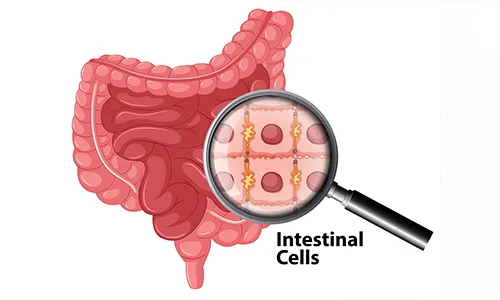

Risk Factors & Prevention
The following factors may increase the chance of developing intestinal cancer:
- Hereditary conditions like, Familial adenomatous polyposis (FAP) / Lynch syndrome
- Crohn’s disease/ Ulcerative colitis
- Tobacco and alcohol use
- Unhealthy Diet
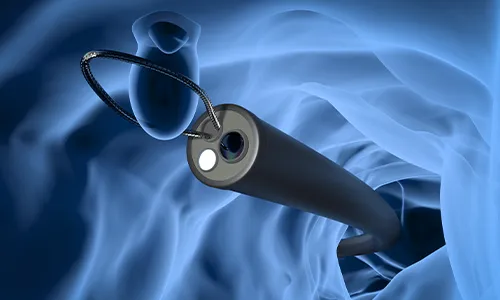

Screening
Regular screening can be helpful for patients who are at elevated risk of intestinal cancer due to certain inherited genetic disorders.
- Colonoscopy
- CT Scan
- Fecal Occult Blood Test
- Flexible Sigmoidoscopy


Symptoms & Signs
- Feces with blood in it
- Black or dark stools
- Diarrhea / Constipation
- Abdomen-related lump
- Cramps or pain in the stomach
- Unaccounted-for weight loss
- Stomach pain episodes that could be followed by violent nausea or vomiting
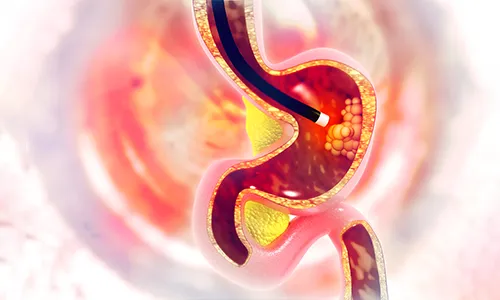

Diagnosis
Different Types of tests are conducted by doctors for different signs and symptoms:
- Biopsy
- Endoscopy
- Colonoscopy
- CT scan
- PET-CT scan
- Laparotomy
- Biomarker


Sub-Types and Stages
Adenocarcinoma
Stages
Stage 0:
Cancer has not spread past the mucosa.
Stage 1:
Cancer has progressed past the mucosa but is still contained within the intestinal wall.
Stage 2:
The malignancy has penetrated or incorporated the intestinal wall.
Stage 3:
Cancer has spread to the local lymph nodes.
Stage 4:
Cancer has spread to distant organs such as the liver, lungs, or the lining of the abdominal cavity. It may be of any size at this point.


Treatment Modalities
a. Surgical Oncology
- The most popular form of treatment for intestinal cancer is surgery. The following steps might also be acceptable in some circumstances: Hemicolectomy, the Whipple procedure, and palliative procedures.
b. Medical Oncology
- In order to reach cancer cells throughout the body during therapy, medication may be injected into the bloodstream (systemic treatment).
Advanced liver cancer is treated with a variety of drugs, including:
- Targeted therapy
- Immunotherapy
- Chemotherapy
c. Radiation Oncology
- Radiation is used only for palliation in intestinal cancers.
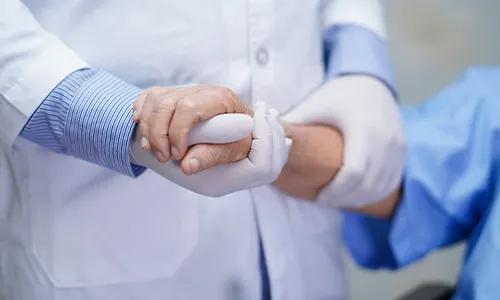

Coping with Treatment
Along with the medical side effects of Intestinal cancer therapy, patients also deal with the financial burden of cancer care and the emotional and social impacts. MOC provides facility of psycho Onco-Counseling and Nutritional counseling to help patients.


Do’s & Don’ts During Treatment
Do’s
- Increase liquid Intake
- Exercise Daily
- East small meals
Don’ts
- Avoid red meat
- Avoid alcohol and smoking


Post-Treatment Support
Post-treatment Intestinal cancer survivors can go through long-term side effects of treatment. Physical and emotional changes can result in long-term and late repercussions. Survivors should talk with people who already have this cancer.


Follow-ups Cancer Care Plan
Post-treatment, one must request a follow-up treatment plan. Doctors provide a personalized treatment plan based on the type and stage of cancer.
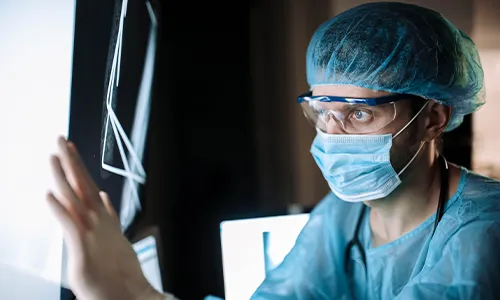

Surveillance and monitoring for Signs & Symptoms of Recurrence
Cancer recurrence is a key concern for cancer survivors, with other health issues. Your treatment options, should the cancer return at any point, will be determined by the location of the disease, the previous treatments you underwent, and your general health.


FAQs
-
What Are the Risks of Surgery for Intestine Cancer?
Difficulty breathing, digestive difficulties, including diarrhea and constipation, & problems absorbing nutrients from food.




